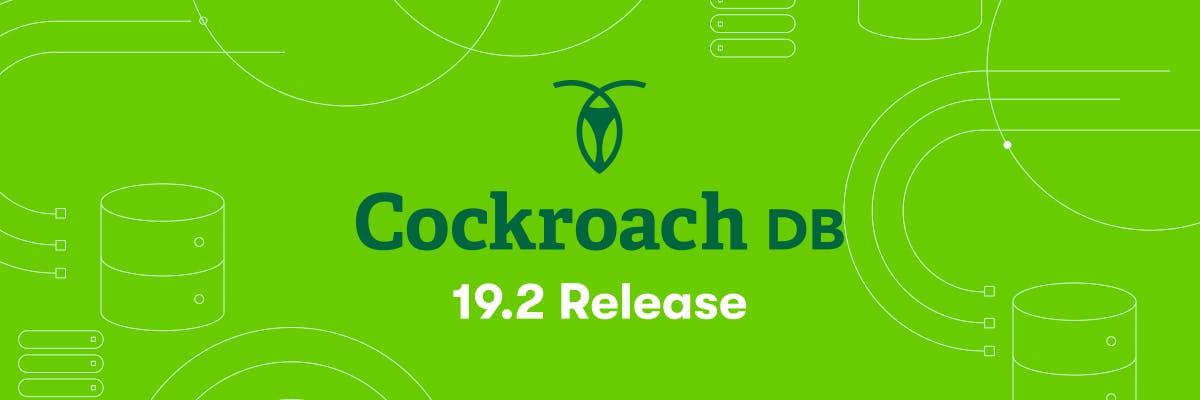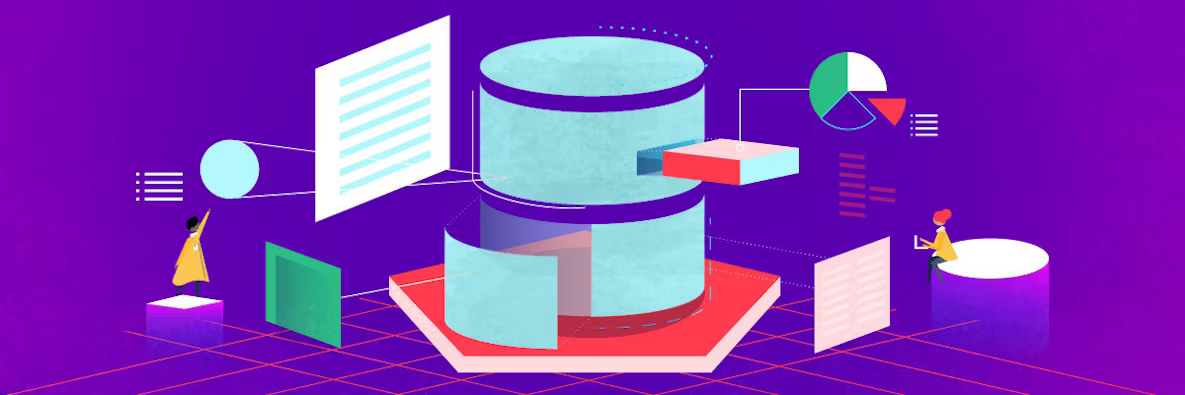
Blog
View all
Engineering
Availability and region failure: Joint consensus in CockroachDB
At Cockroach Labs, we write quite a bit about consensus algorithms. They are a critical component of CockroachDB and we rely on them in the lower layers of our transactional, scalable, distributed key-value store. In fact, large clusters can contain tens of thousands of consensus groups because in CockroachDB, every Range (similar to a shard) is an independent consensus group. Under the hood, we run a large number of instances of Raft (a consensus algorithm), which has come with interesting engineering challenges. This post dives into one that we’ve tackled recently: adding support for atomic replication changes (“Joint Quorums”) to etcd/raft and using them in CockroachDB to improve resilience against region failures.
Tobias Grieger
November 26, 2019
Community
Introducing Cockroach University
Last week, we launched Cockroach University with our first course, Getting Started with CockroachDB. Our goal in building this was to provide a way for people to learn CockroachDB in an engaging and structured environment with lots of opportunities for hands-on practice, as well as a chance to show off what they’ve done. We included a graded final exam, and those who pass will receive a Certificate of Completion.
Will Cross
November 20, 2019
Product
Yugabyte vs. CockroachDB: Unpacking competitive benchmark claims
Yugabyte frequently compares themselves to CockroachDB. We investigated their claims. This is our analysis of CockroachDB vs. Yugabyte v2.0.0.

Peter Mattis
November 19, 2019
Product
Announcing CockroachDB 19.2
Today, we’re proud to announce the release of CockroachDB 19.2, which significantly improves the latency, reliability, and usability of CockroachDB. CockroachDB 19.2 pushes the bounds of what a distributed SQL database can do. We’re bringing the latency of distributed transactions closer to the theoretical minimum, continuing to bolster the resilience and reliability of our enterprise and open core product, and we’re making CockroachDB easier to use than ever before. Not only does 19.2 introduce new features for better ease-of-use, we’re also launching Cockroach University to improve the experience of learning and using the product. Cockroach University is a free online learning tool for developers and architects who want to gain a fundamental understanding of distributed databases and deep knowledge of CockroachDB’s functionality and architecture.
Engineering
Parallel Commits: An atomic commit protocol for globally distributed transactions
Distributed ACID transactions form the beating heart of CockroachDB. They allow users to manipulate any and all of their data transactionally, no matter where it physically resides. Distributed transactions are so important to CockroachDB’s goal to “Make Data Easy” that we spend a lot of time thinking about how to make them as fast as possible. Specifically, CockroachDB specializes in globally distributed deployments, so we put a lot of effort into optimizing CockroachDB’s transaction protocol for clusters with high inter-node latencies.
Nathan VanBenschoten
November 7, 2019
Community
5 lessons from ESCAPE/19: The Multi-Cloud Conference
Following his keynote on the big stage at ESCAPE/19 Armon Dadger, CTO and Co-Founder of HashiCorp, sat down with John Furrier of The Cube and said, “If you had this exact same conference 3 or 4 years ago everyone would’ve been like, what Multi-Cloud? Multi-Cloud is not real. And now nobody questions the premise. They’re like, ‘obviously we’re going to be multi-cloud.’” The inevitability of multi-cloud permeated the speaking sessions at ESCAPE/19 - the inaugural Multi-Cloud Conference hosted in downtown NYC. Technologists demo’d software to navigate the storage, networking, and compute challenges of multi-cloud. Business leaders took the stage to confront the price of multi-cloud deployments, the importance of moving data closer to users, and the business value of multiple vendors.

Dan Kelly
November 5, 2019
Product
How we built a vectorized execution engine
CockroachDB is an OLTP database, specialized for serving high-throughput queries that read or write a small number of rows. As we gained more usage, we found that customers weren’t getting the performance they expected from analytic queries that read a lot of rows, like large scans, joins, or aggregations. In April 2018, we started to seriously investigate how to improve the performance of these types of queries in CockroachDB, and began working on a new SQL execution engine. In this blog post, we use example code to discuss how we built the new engine and why it results in up to a 4x speed improvement on an industry-standard benchmark.
Alfonso Subiotto Marques
October 31, 2019
Product
Announcing CockroachDB Dedicated: CockroachDB-as-a-service
Today we announced the beta program for CockroachDB Dedicated, a self-service, fully managed cloud offering of CockroachDB. CockroachDB Dedicated delivers simple and easy to onboard distributed SQL, while also offering a secure and flexible experience. Whether you’re building a small application on a single node, a resilient application across multiple nodes or a multi-region application serving users all over the world, CockroachDB Dedicated is the distributed SQL database for modern application developers. “As-a-service” has become the norm for how developers consume software. A year ago, we announced a limited availability of Managed CockroachDB, which was the first step in our cloud journey, and an important milestone in our mission of Making Data Easy. Since then, we’ve learned a lot from our earliest users. CockroachDB Dedicated is the culmination of all those learnings, and we’re excited to now open up the offering to a broader audience.

Lakshmi Kannan
October 16, 2019
Product
Get started geo-partitioning data with our command-line CockroachDB demo
CockroachDB offers a number of powerful enterprise features, most notably those related to geo-partitioning tables. Geo-partitioning allows users to control where their data lives geographically, at the row-level. To make geo-partitioning easier for users to try out, we made some updates to cockroach demo that enable you to check out enterprise features without the need for a full deployment. Note that all of the features discussed in this blog will be available in CockroachDB version 19.2. When you run cockroach demo in a terminal, CockroachDB starts a temporary, in-memory cluster, and then opens a SQL shell to that cluster. The in-memory cluster persists only as long as the shell is open, and the data is lost once the shell is closed. cockroach demo also automatically acquires a temporary enterprise license for each demo session, so you can use enterprise CockroachDB features right now. After you install CockroachDB, no further set up is necessary. So let’s dive right into the new features available for use with cockroach demo!
Rohan Yadav
October 10, 2019
Get started for free









